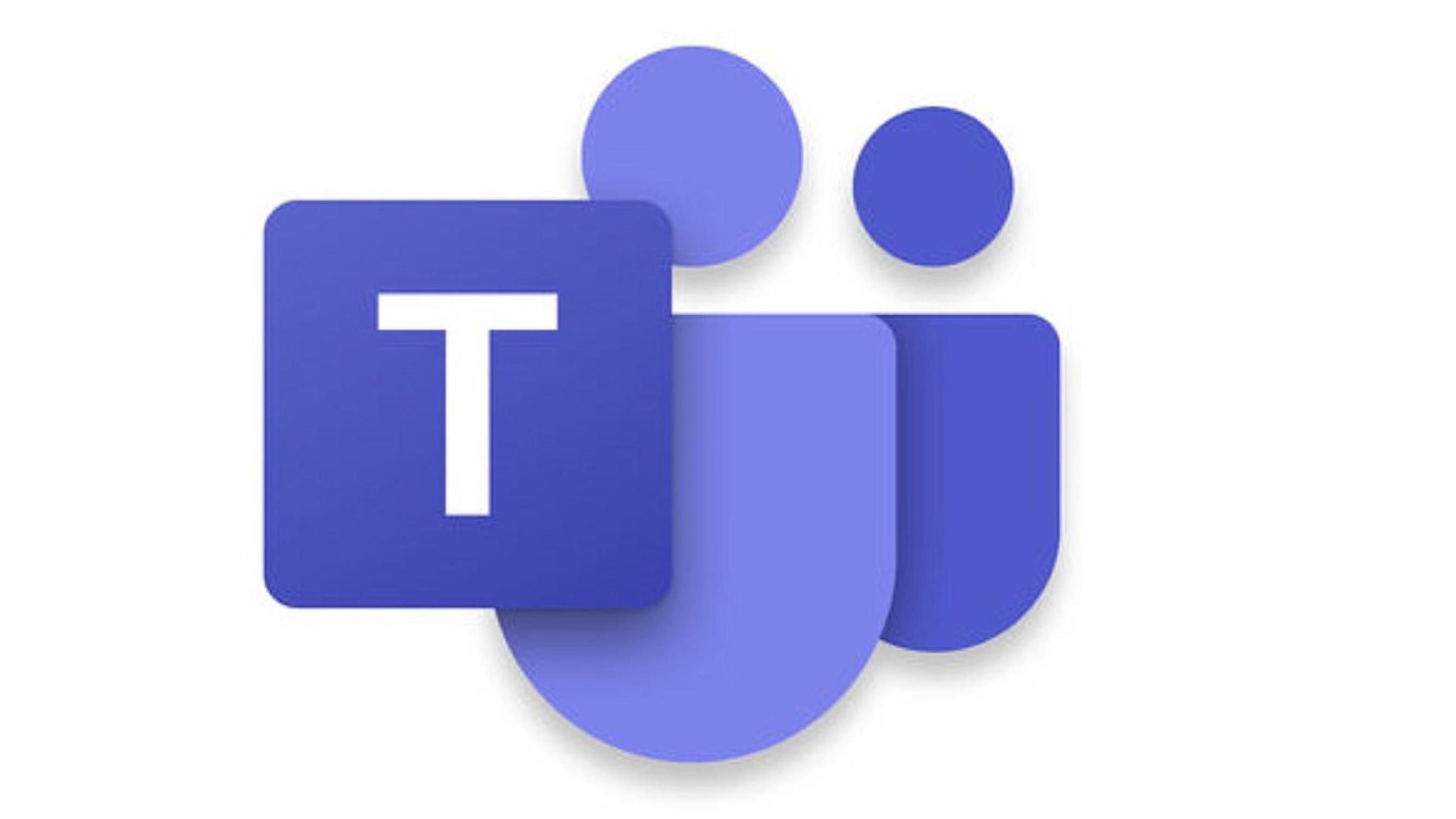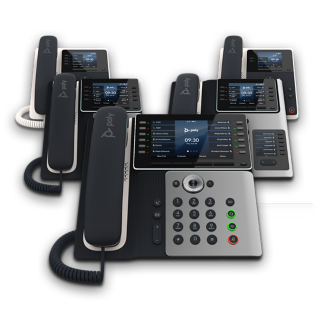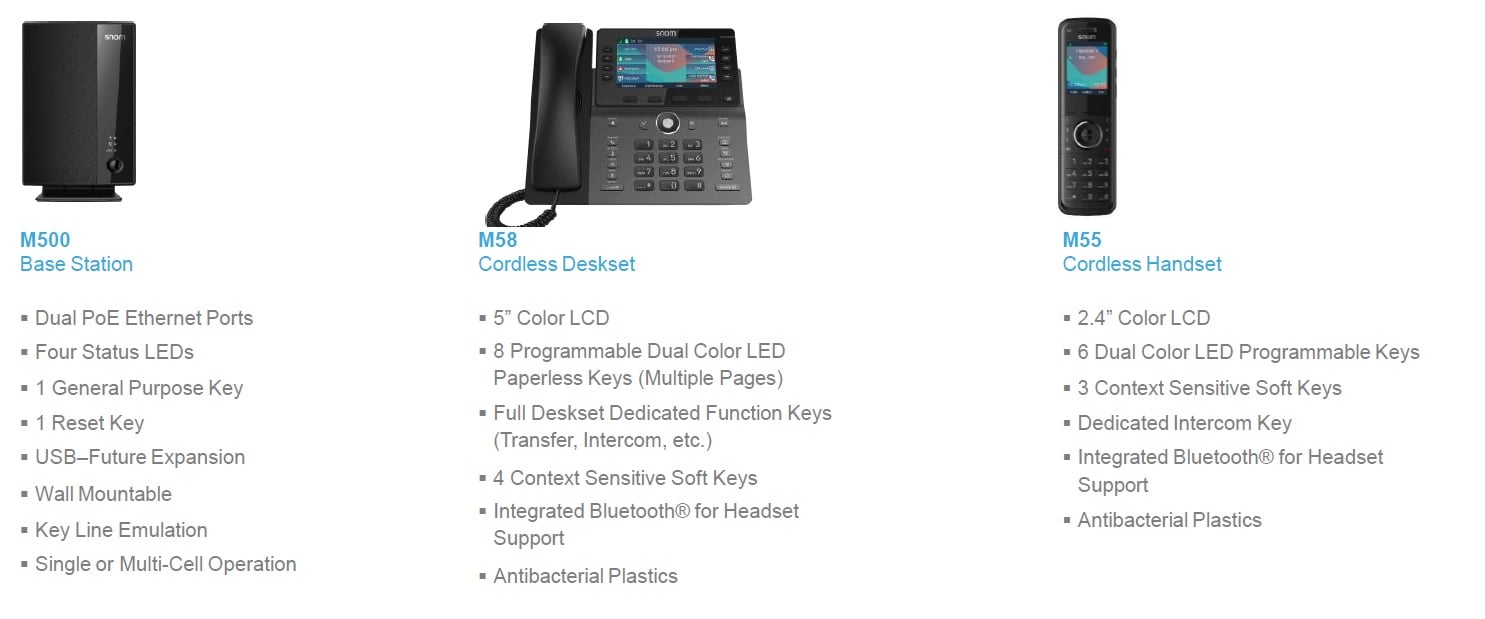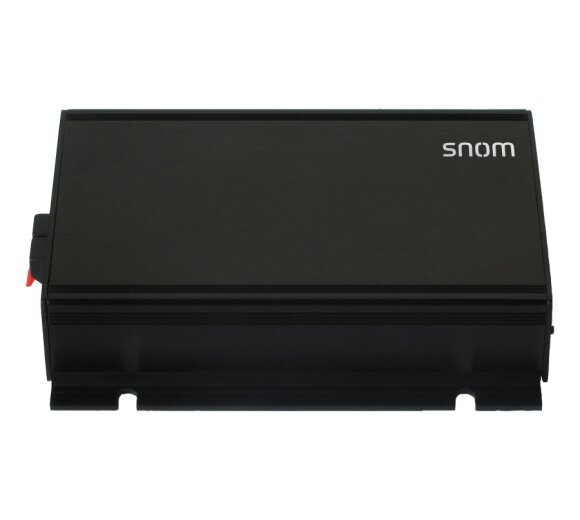
Recent events have confirmed what for years many have speculated was happening the death of the on-prem proprietary Phone System (PBX) is here.
For years on-prem boxes have been the way phone systems have been traditionally sold with physical devices that are locked down to only work with one manufacturer's system. One-by-one those companies either died or merged / acquired shrinking the market down to "the fabulous four": Shoretel, Mitel, Avaya, Cisco.
Let's take a look at these companies now and by the end of this article I think it will be VERY CLEAR what's happening on a global scale...
Mitel Eats Shoretel
This was long rumored and kept circling around for the last three years. The reality is both of these companies were struggling to figure out how to move forward. Innovation on either product line has not really shown progress. Mitel has been on an acquisition spree recently purchasing Aastra and also trying to acquire Polycom. Polycom backed away from the deal and was picked up by a Private Equity Firm. Mitel's biggest issue was lack of reccuring revenue and Shoretel who had pushed forward to Shoretel Sky has simply not seen the success that they once saw with their on-prem boxes. Truth be told the combined company will have something like 34% in recurring revenues and either company alone was not seeing a positive outlook had they remained stand alone entities as the majority of their revenue was tied to on-prem proprietary boxes and phones which is clearly no longer what the market is buying.
Avaya Goes Into Chapter 11 Bankruptcy
We all know by now Avaya who had been passed around a few different Private Equity Companies filed for Bankruptcy and has been spinning off whatever business units they can to pay down their BILLIONS of dollars in debt. Avaya was TOO LATE to the recurring revenue game (AKA Cloud / Hosted VoIP & PBX) and this lead to their demise. Avaya has been around for A LONG TIME yet once again the on-prem proprietary boxes and phones didn't keep the lights on in the end. Some feel Avaya will come out of bankruptcy and once again be the big player that they once were. I argue that unless they go almost all-in on as-a-service this company might end up totally in the grave or simply acquired so that there is one less player on the board. You could argue why Mitel went for Shoretel instead of Avaya because Shoretel was further along in the recurring revenue business and was a better move financially.
Cisco
Let's face it, Cisco was the big man on the block for a long time when it came to VoIP. Ultimately, Cisco's core business is not just Voice it is more focuses around networking, and recently has been on an acquisition spree into anything that can be sold as a service. Cisco's voice business has declined in a major way especially when they killed their small business series of gear and sold the SMB handset business (know as the Cisco SPA line) to Belkin. Today Cisco just sells into enterprise deals where everything else is Cisco gear which is becoming harder and harder to do. Globally, Cisco was on top of the food chain for a long time but now is close to dropping out of the top 5 of most handsets deployed worldwide. That's pretty clear that proprietary is no longer being tolerated.
Toshiba
I know they are not in the original "fabulous four" list but it's worth mentioning Toshiba crashed and almost overnight shut the lights off on their PBX business. This is another example of a company that waited TOO LONG to get in the Hosted / Cloud VoIP & PBX business and by the time they got their the building was coming down around them. All Tosbhiba hosted customer basically where told that they should get off and move elsewhere quickly while the on-prem boxes customers now have invalid service contracts and nowhere to get parts other than.. eBay? Craigslist?
Polycom
It's probably also worth throwing Polycom into the mix. While Polycom does sell their own gear a major reason why they are still #1 in the most phones deployed worldwide is a strategy that differed from the rest. Polycom purposely opened up their devices to be used basically anywhere. By taking proprietary out of the equation they hedged their bets on the companies that went down the recurring revenue model and needed something to connect to the "cloud" on the other end. While Polycom backed out of a deal with Mitel and now owned by a Private Equity Group they are still positioned in strongly to "eat from both sides of the apple" which means selling their own platform and also selling gear that talks to everyone else's systems too. Smart move that paid off in the end right?
So What Does This All Mean for the Channel?
I guess it all depends what side of the story you are on. If you are an Avaya, Shoretel, or Mitel dealer then probably a lot of troubles and turmoil.. Hopefully you have already started down the line of diversifying into IT / Managed services and are probably starting to bring other product lines on board to re-capture as much as your customer base as you can before they bail and go somewhere else. That's a lot to do in a short time especially since the headlines basically hurt you and create an uphill battle.
If you are in the MSP / IT business and offer cloud or hosted VoIP as one of the cog's in your wheel then it's very likely you have picked up on all of this and using all of this turmoil to try and pickup new customers. This then opens up what you can do to expand the portfolio of services you can roll into that new opportunity now that your foot is in the door.
It must also be made clear that just like the copier industry, point-of-sale industry, and physical security industry the lines are now very BLURRY in who can offer what solution and stepping on toes of the traditional IT / Computer guy. Everyone has to start doing a little bit of everything to survive in the new world we all live in with new tech coming out every day it seems.
For what it's worth here at BVoIP we believe in the SaaS model where innovation is the story and as-a-service is the correct strategy and way forward. If you are looking for a way to standardize an offering into your stack while also actually making real reccuring revenue that you can rely on then give us a call and we would be happy to help you!


























